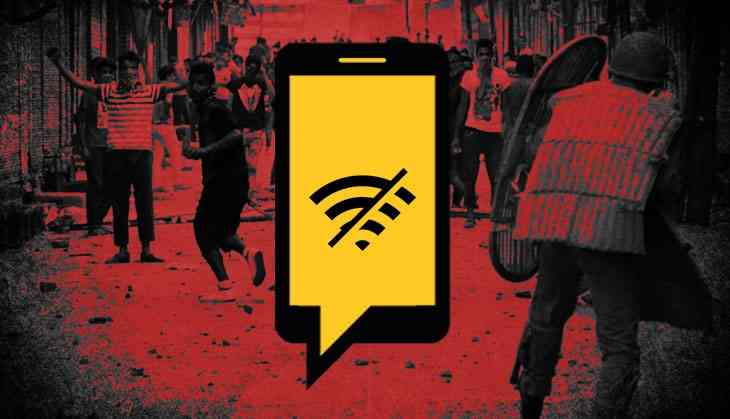Senegal’s Internet Blackout Is Causing Worrying Losses

Due to widespread protests after opposition leader Ousmane Sonko’s conviction, Senegal has been without internet service since June 1.
Facebook, WhatsApp, Twitter, Instagram, and other social media platforms are no longer accessible, and there is periodic mobile internet outage at certain hours—albeit the precise time is still unknown—in a country where 10.2 million people, or around 58 percent of the population, utilize the internet, reports African Business.
Following Sonko’s conviction on accusations of “corrupting youth” last Thursday after being exonerated of all counts related to rape, protests broke out in the capital Dakar and other key towns.
Young people, who make up the majority of Sonko’s fans, claim that the accusations are politically motivated and intended to keep Sonko from running in the 2024 presidential election. According to government sources, 16 people have died in three days as a result of these demonstrations.
According to the Senegalese Ministry of Communication, the internet blackout was put in place to stop “the dissemination of subversive and hateful messages in a context of public disorder.” In a piece published last Thursday, Netblocks, a London-based organization that tracks global cybersecurity and internet governance, urged “against network disruptions and social media restrictions due to their disproportionate impact on fundamental rights such as freedom of expression and freedom of assembly.”
In addition to impeding opposition protests, many Senegalese businesses face financial risk as a result of the internet ban. Numerous small businesses in the informal sector rely heavily on Internet connectivity for their daily operations in the Francophone nation where internet penetration has grown to 58 percent as of 2021, from 10 percent in 2011. The Cost of Shutdown Tool from Netblocks estimates that a statewide internet outage in Senegal would have a daily GDP impact of about USD 8 M.
Billions of dollars are at risk, including significant investments, the offices of big businesses and NGOs, international contracts, etc. There are worries that the Dakar market would lose its reputation for dependability and security.
Many people in Senegal are currently utilizing Virtual Private Networks, which enable the formation of safe and encrypted connections between devices and networks, to get around the shutdown.
A VPN review website and research firm, TOP10VPN, reports that Senegal’s demand for VPN services jumped by more than 8,000 percent on Thursday compared to the daily average for the preceding 30 days, and by more than 20,000 percent on Friday. The demand for VPN services has increased at the fastest rate we have ever seen, they claimed.
President of Senegal Macky Sall has said nothing about the internet blackout and no information about when it would end has been made public.